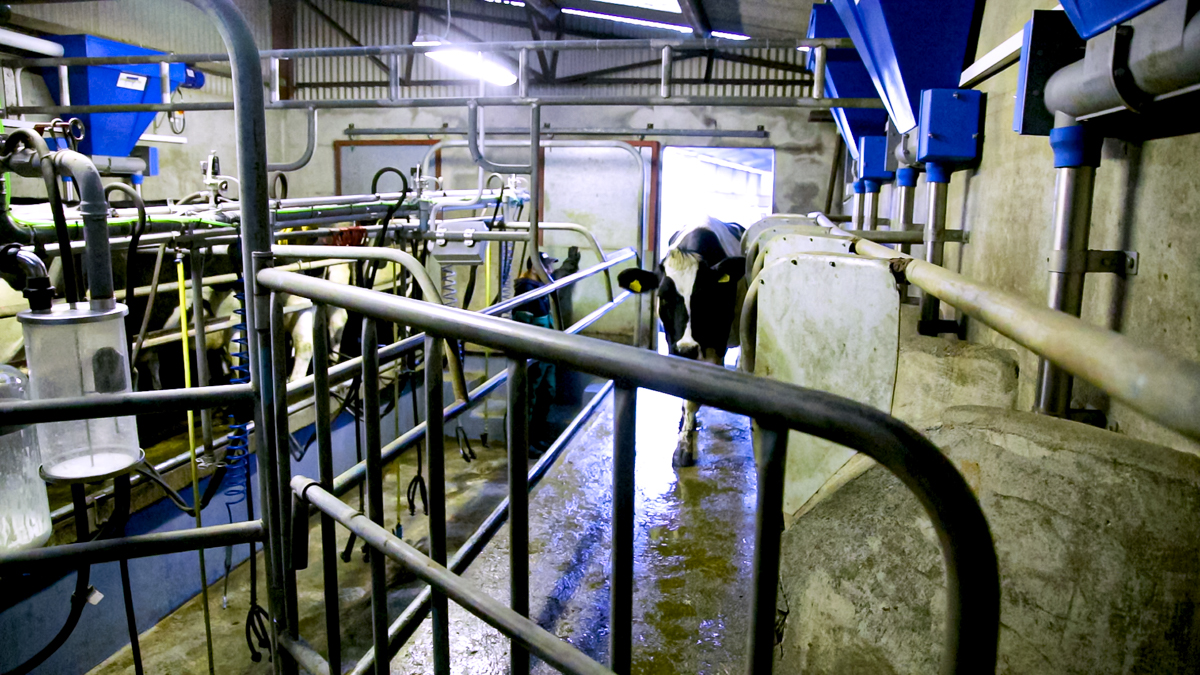As we head into mid-July, we are passing the halfway point of the year, and this is a good time to review your cash flow position.
Cash is the backbone of every business. Understanding the ways in which cash moves in and out of your farm business is vital.
It is important to do this practically, looking at times when input and output prices are volatile.
Having a cash-flow budget in place and most importantly having an understanding of cash flow, will make your farm business more resilient in the face of changes in prices, and allow you invest in the farm business when prices are good.
Cash flow
When determining cash flow for 2021 so far, you should ask yourself the following questions:
- Are your receipts up or down?;
- How does it compare to 2020?;
- What is the overall cash flow position?;
- Are you where you wanted to be?
Having reviewed your budget, the next step is to consider the receipts that are expected for the rest of the year.
When doing this, it is important to be realistic. Begin with making a list of the known expenses such as loans and direct payments.
Then make reasonable estimates on milk sales, stock sales, feed and fertiliser purchases. It will be impossible to be 100% accurate, but a close estimate is better than nothing.
This will help you budget for the rest of the year and help to determine if investment in the farm is possible later in the year.

Important people to pay
When completing your budget it is important that you remember to pay outstanding bills to contractors or hired help.
Without contractors, farmers would struggle to run their business. Like farmers, contractors are running a business that requires a cash-flow.
Paying contractors as soon as possible should be a priority and will only help you when you call to book work in the future.
Farm investment
If the budget allows, make investment in essential infrastructure, such as: liming, roadways, paddock layout and water systems.
Other areas that may require investment are calf housing, cubicle sheds and the milking parlour.
Investment should be considered in these areas before considering a new tractor or other machinery.
